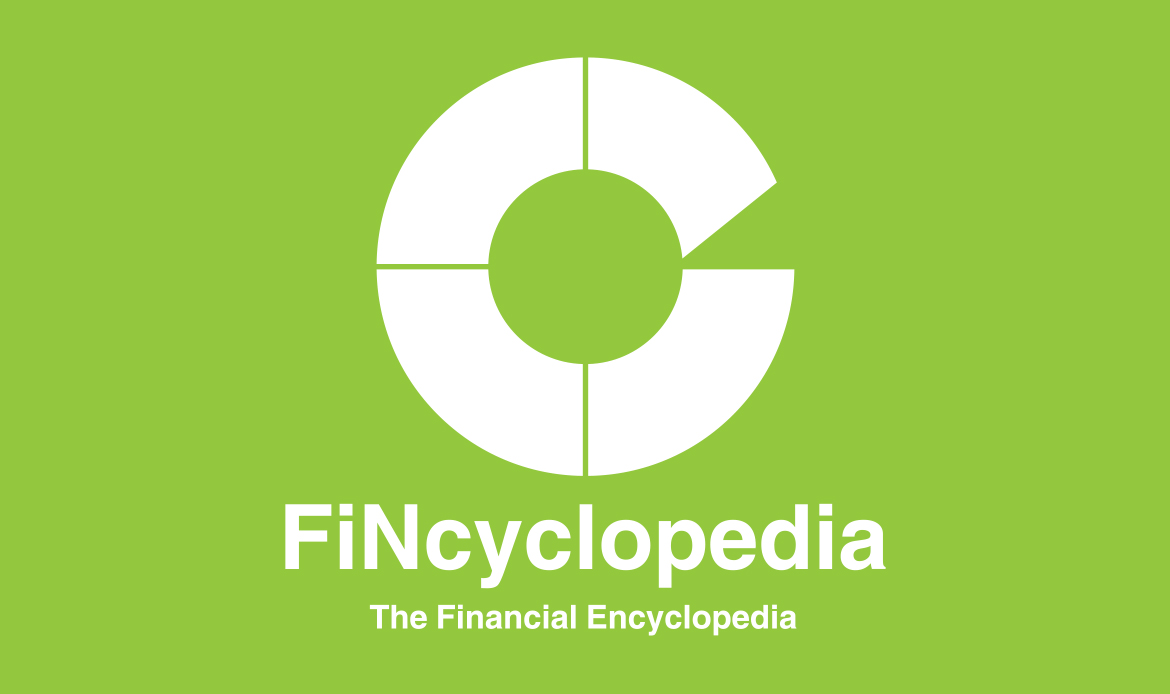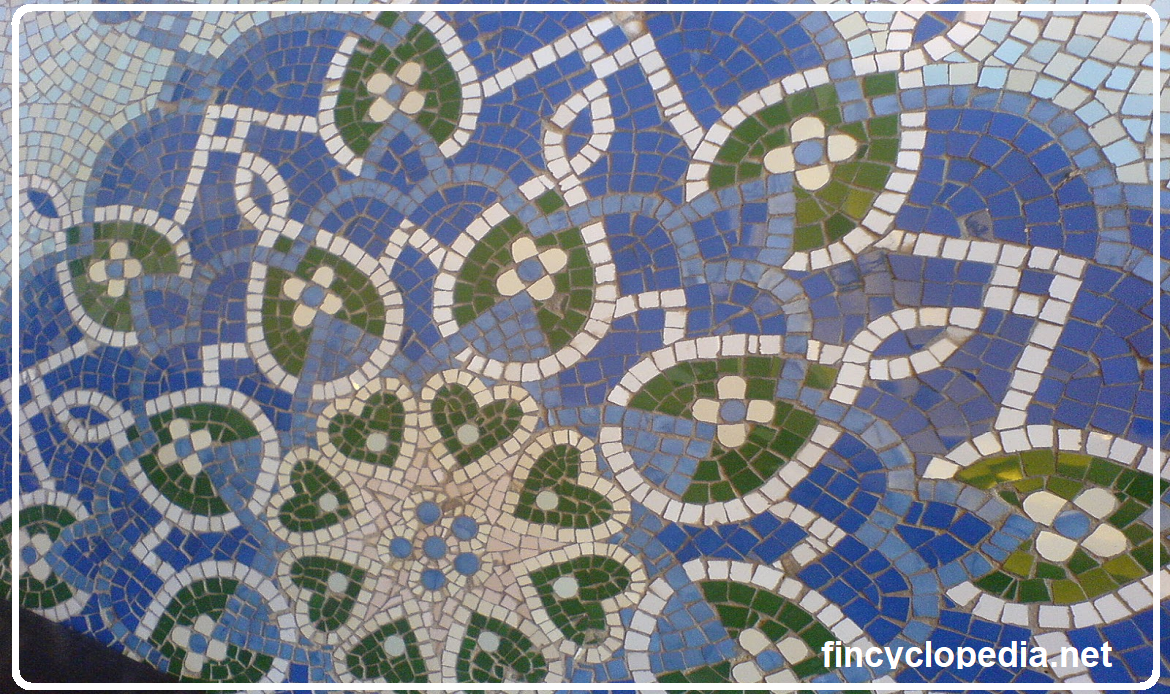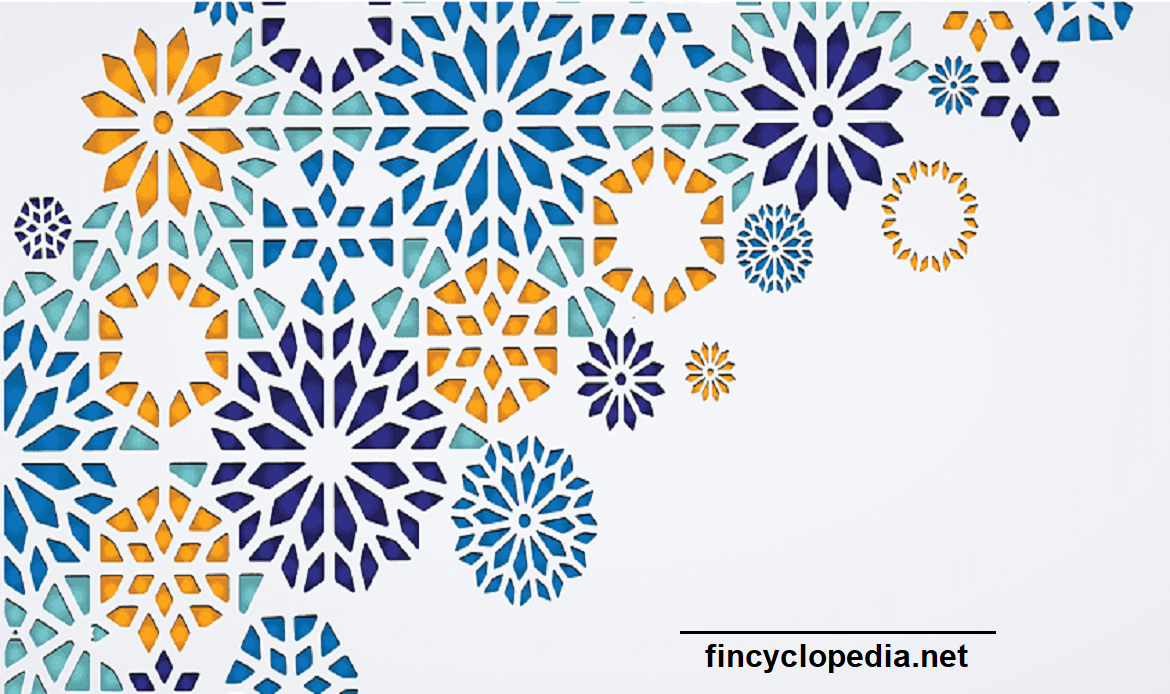Murabaha (also spelled murabahah) is a shari’a compatible mode of debt financing which involves the sale of a commodity mostly for a deferred price. The two parties to the contract are: a financier (usually an Islamic bank) and a client.
In its business form, murabaha is initiated when a potential buyer orders a commodity to pay for it with a specified mark-up (profit or ribh). The seller accepts and accordingly procures the commodity. Once the commodity is legally possessed by the seller, the buyer is asked to purchase it and takes delivery. As such, the commodity must exist at the time of contract, and must be owned by the seller at that time whether via constructive (qabd hukmi) or physical possession (qabd fe’eli). Furthermore, quality and quantity must be defined in clear-cut terms, and the exact date and method of delivery must also be specified.
Direct expenses of murabaha are those expenses incurred to directly enable the acquisition of murabaha asset by the financier (the murabaha seller) and delivery of the asset to the murabaha buyer. These expenses include transportation, storage, assembly, taxes, insurance (takaful), or any valid charges established by customary practice (urf or urf tejari).







